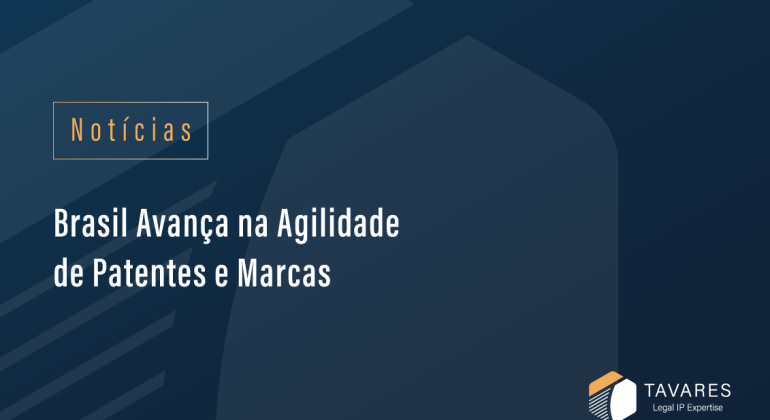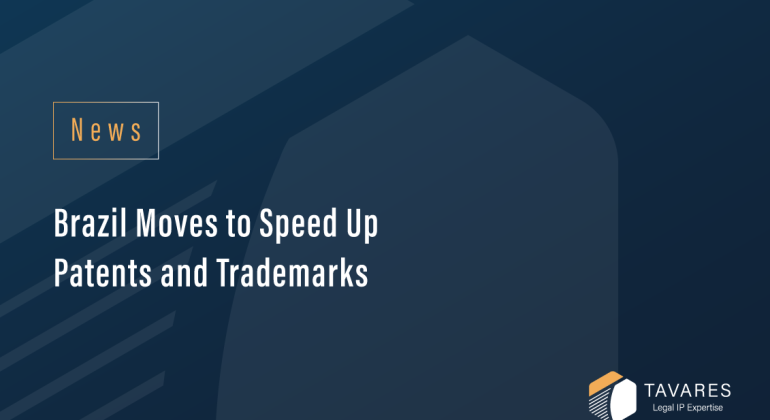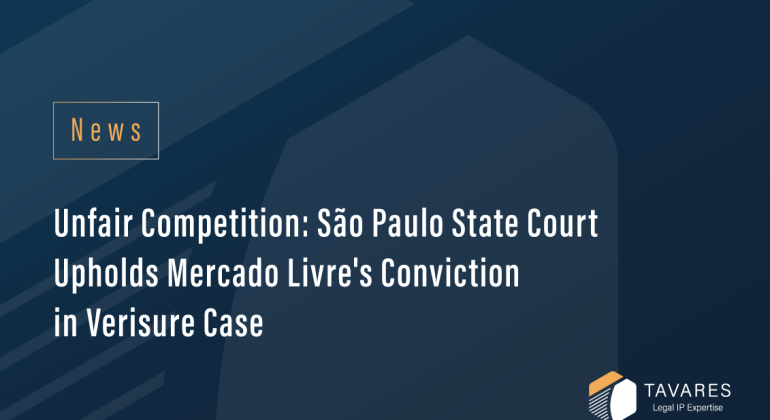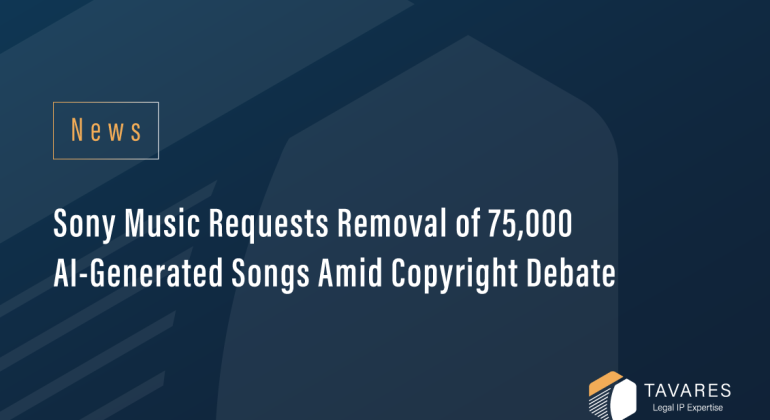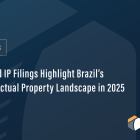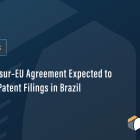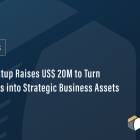Brasil Avança na Agilidade de Patentes e Marcas
O Brasil está dando um passo importante na modernização da proteção à propriedade intelectual. No dia 24 de março, o presidente da República em exercício e ministro do Desenvolvimento, Indústria, Comércio e Serviços (MDIC), Geraldo Alckmin, reuniu-se com a diretoria do Instituto Nacional da Propriedade Industrial (INPI), no Rio de Janeiro, para discutir o fortalecimento do sistema de propriedade industrial no país.
Um Sistema Mais Ágil Até 2026
Entre os objetivos estabelecidos pelo INPI, um dos principais é reduzir o tempo de concessão de patentes de quatro anos para apenas dois até 2026. Já o registro de marcas será acelerado drasticamente, diminuindo de 18 meses para apenas um mês.
Para alcançar essas melhorias, o INPI aposta em:
- Modernização tecnológica, incluindo o uso de Inteligência Artificial (IA) para auxiliar buscas e exames.
- Contratação de novos examinadores, garantindo mais agilidade nas análises.
- Aprovação orçamentária, permitindo a implementação de novas soluções.
Principais Entregas Previstas para 2025
O INPI anunciou uma série de melhorias para este ano:
- Uso de Inteligência Artificial para otimizar buscas e exames.
- Novo Portal do Usuário, com funcionalidades progressivas para patentes.
- Formulário otimizado para oposição de marcas, tornando o processo mais simples e rápido.
- Programa de Contato Direto com o Usuário, um projeto-piloto para agilizar trâmites administrativos.
- Propostas de alterações na Lei da Propriedade Industrial, incluindo exame acelerado de patentes e novas regras para oposições de marcas.
- Nova tabela de preços, alinhada à modernização do sistema.
O Que Isso Significa para os Titulares de PI
Essas mudanças terão um impacto significativo para empresas e inovadores que buscam proteção de propriedade intelectual no Brasil. Um sistema mais ágil e previsível tornará o país um destino mais atrativo para investimentos em inovação e direitos de PI.
Precisa de orientação especializada sobre proteção de PI no Brasil? Nossa equipe na Tavares IP está pronta para auxiliar com patentes, marcas e estratégias de enforcement. Entre em contato conosco.

